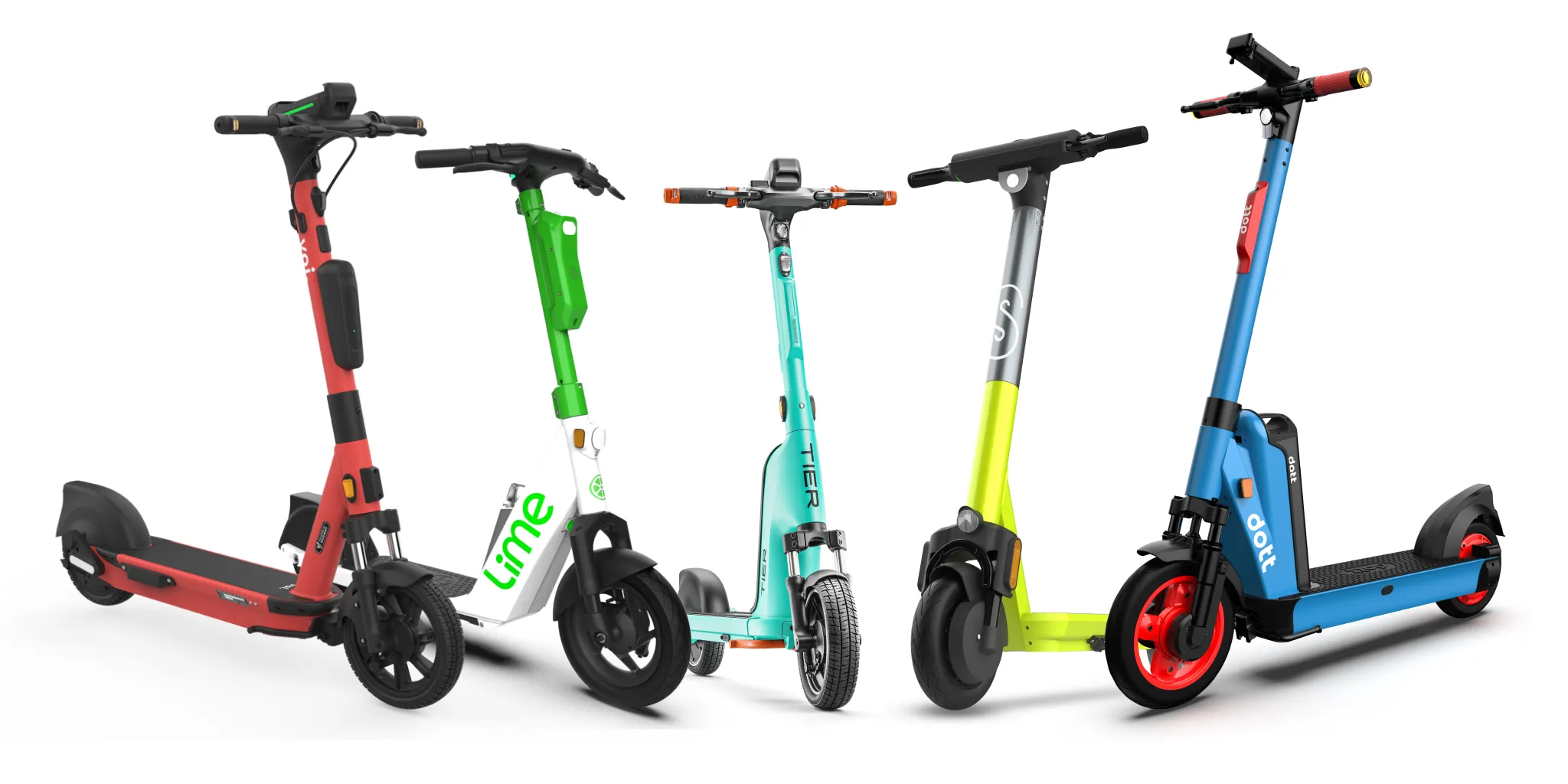
Five micromobility operators of shared e-scooters and e-bikes have published 10 recommendations for cities to better integrate their vehicles onto urban streets.
In an unusual show of unity for the nascent industry, Dott, Lime, Superpedestrian, Tier Mobility, and Voi have collaborated to create the framework.
Among the eye-catching recommendations are that helmets "should be encouraged but not mandatory".
The companies also say riders are more likely to use sidewalks if speed limits are too low (below 20km/h) - so a limit of 20-25km/h "allows for safer riding that aligns with the pace of traffic".
The company CEOs Henri Moissinac (Dott), Wayne Ting (Lime), Assaf Biderman (Superpedestrian), Lawrence Leuschner (Tier) and Fredrik Hjelm (Voi) issued a joint statment: “In a pretty short time, the micromobility industry experienced huge growth, providing the strongest challenge yet to personal car use in cities."
"To ensure ongoing sustainability and global consistency, we combined our expertise to develop recommendations to cities that we believe are best practices for regulating micromobility programmes ," they continued.
“Now that we’ve demonstrated what conditions lead to sustainable services, we’re looking forward to working with city authorities to put these recommendations into action," the statement concludes.
The companies make recommendations on fleet sizes and vendor contract length, and suggest that adding new vehicles to streets should be "directly tied to the operators’ performance keeping city streets tidy and well-maintained".
Data sharing protocols, vendor fees and selection protocols are also covered, with cities urged to consider reliability, safety, sustainability, and fleet management as the top selection criteria.
The companies also call for contract terms "long enough for riders to become familiar with a brand’s service and rely on it", along with "contiguous coverage areas so riders are not stopped mid-journey" and also practical parking schemes.










